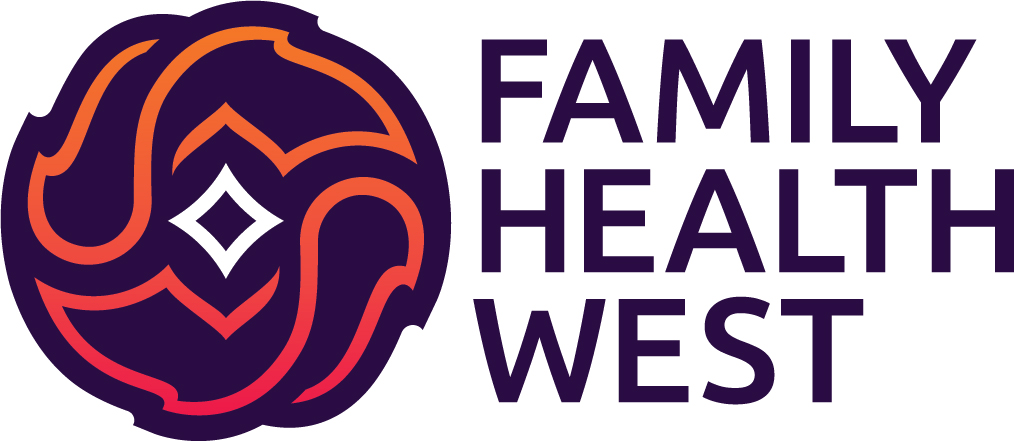After nearly two decades of nursing – 17 years in emergency rooms – Geoff Dahlgren initially wanted to be a firefighter. That early first responder passion led him to become a medic with a Firefighter One badge. Then he went on to get his degree in nursing from Southwest Community College in Lincoln, Nebraska. Growing up Geoff also helped care for his mother who had serious lung ailments and eventually had a double lung transplant. This major life event for his family influenced his passion for medical care when choosing a career became a consideration.

Geoff values his ability to be calm during incidents of trauma and stress. Often patients aren’t having the best day when he has the opportunity to care for them and providing them compassionate care in a time of distress is a real skill not everyone has. He enjoys caring for all ages of patients – both young and old, he said. While the uniqueness of why patients seek out the emergency room has remained the same, technology has been a big shift in treatment for patients and the medical caregiver’s ability to treat patients. Geoff also noted that how people act or their behavior and their reason(s) for seeking treatment from the emergency room have changed over the years.
Not every case in the emergency department always ends well, either. Geoff said, there are times when the caregiving staff have had particularly hard days – that not only wear a person out physically but also mentally. He also experienced significant violence (not at Family Health West) when he previously worked at two different level two trauma centers where he was physically attacked by patients who were intoxicated or had mental health issues. Geoff said he has also been hit by parents of children while in the middle of performing significant medical procedures. The nature of the situations seen through the eyes of emergency department nurses and the violence they are subjected to can take a toll. Geoff has a very gracious take on the more challenging parts of his job.
“Fortunately, I work with a great group of nurses and we debrief each other and then I also have a very understanding spouse,” he said. He started his career with Family Health West in January 2020.
“I know when I enter a room with a new patient I am not seeing them at their best. They hurt, they are scared and anxious,” Geoff said. “I like to smile at them and talk to the patient, first. I then sit next to the patient and just listen.”

Geoff said he is listening for little details about the patient’s ailment that he wants to ask follow-up questions about and get more details. If time allows, Geoff said he will ask patients about their personal lives, work, family, or even the weather. Geoff wants his patients to feel a connection with him and that he cares about them.
“I also love humor and jokes that I tell to patients or they tell me,” he said. “I do genuinely care for my patients.”
The staff in the emergency department include the nursing staff who are part of a larger team of people who all come together to care for patients. A typical patient is first greeted and registered by the registrar on duty upon arrival at the FHW Emergency Department. The patient is placed in a private room and they meet first with the EMT/Tech on duty, and likely then connected to the monitors and intravenous fluids will get started. If appropriate, the EMT then takes the following body fluid samples as needed, blood, urine, and/or swabs, and then gets those off to the FHW Laboratory. The ER nurse will interview the patient and/or anyone who came in with the patient and work towards putting a healing plan into action. A physician and a scribe then meet with the patient. The physician then gives their orders to the nurse for implementation with the patient.
If any of the ancillary teams are needed or additionally requested by the physician, like radiology for x-rays or scans, blood tests or urine samples, or perhaps a breathing treatment and EKGs (respiratory), those services are handled. Meanwhile, the nurse is reassessing the patient after medications have been administered and treatment is complete. Ideally, the patient is starting to feel better and those likely elevated symptoms are improving. With improved vital signs, the patient can begin to work towards discharge including removing the intravenous fluids and monitoring connections. The nurse will review any instructions for further or continued home care and discharge instructions. The patient will meet with the registration staff for final discharge and leave the facility. Treating a patient is a big team effort, Geoff said.
Asked about any advice for a young person considering a career in the medical field. “It is not for everyone,” he said.
If you are going into the medical field for money only – then this is not for you, Geoff emphasized. Care and compassion will lead you further into being a good medical worker, always, he said. Geoff recommends someone interested in medicine should volunteer at a local hospital, long-term care facility, or clinic. Also, a local health department would be a place to shadow or intern. Geoff also recommends just talking to different people who work in the medical industry now and asking them about their interests and experiences.
When he isn’t working, he enjoys ‘puttering’ around his home and exploring the beauty of Western Colorado with his wife.
Thanks for caring for our patients here at FHW, Geoff, because together we flourish!


